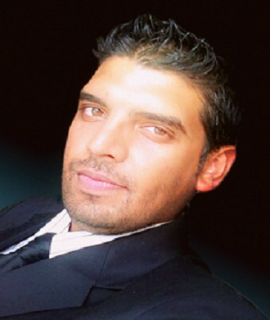Title: Using educational strategies to build a successful post-registration course in orthodontics
Abstract:
Whilst teaching the National Examining Body for Dental Nurses’ (NEBDN) Certificate in Dental Radiography at Professional Dental Studies College, the author received a prized opportunity, in September 2017 to teach a new postregistration course, the NEBDN Certificate in Orthodontic Dental Nursing. By seizing this opportunity, the author could utilise their interest in orthodontics, contribute to the orthodontics profession, and share their expertise by teaching dental care professionals. The course is specifically for dental nurses that work with orthodontists, and want to increase their skillset and knowledge base. Taking a similar approach to the Certificate in Dental Radiography, the Certificate in Orthodontic Dental Nursing course entails eight five-hour classes, over a six-month period. The first six classes focus on the academic and theoretical aspects of the course, whilst the final two classes involve mock examinations and consolidation. The students would take the official NEBDN qualification exam thereafter. The NEBDN syllabus was studied closely, and learning points were grouped together, based on their connections. From this, the author highlighted six major themes: (i) introduction and building upon pre-existing dental knowledge; (ii) growth and development in relation to orthodontics; (iii) diagnosis in orthodontics; (iv) orthodontic appliances; (v) risks of orthodontic treatment; (vi) interdisciplinary orthodontics. The course was, thus arranged in a systematic manner. The learning approach of constructivism, which asserts that all knowledge is constructed from a learner’s previous knowledge, played a major role. The author structured the course in a way that students would recollect their pre-existing knowledge of dentistry, and build upon this with new knowledge, which increased in complexity as they progressed through the course. The Certificate in Orthodontic Dental Nursing is both a challenging and demanding course. Not only does it involve theoretical learning and a final examination, it involves a huge coursework component involving an array of written and practical tasks that must be completed satisfactorily. Thus, it was imperative that the course incorporated educational strategies that promoted success. These included: establishing early ground rules and principles; fostering an inclusive and learner-centred environment; using quizzing and testing regularly; engaging in case-based discussions; giving regular feedback; undergoing regular selfreflection, and receiving peer observations from the college principal, among others. As a new course being delivered and managed for the first time, the author often wondered whether it would be successful, and whether the students would be successful. However, all students from this first cohort passed the course successfully; each student was awarded the NEBDN Certificate in Orthodontic Dental Nursing qualification. This was a great achievement, and the course continues to be successful.




